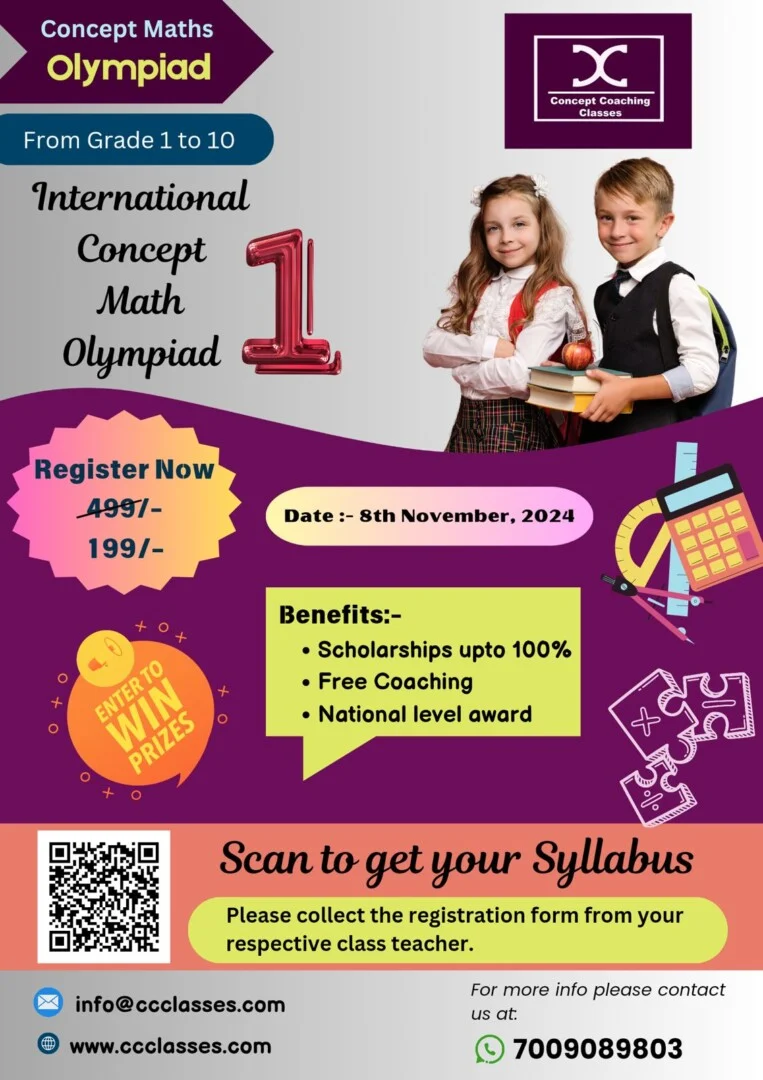Advanced Curriculum: Classes for grades 11 and 12 typically offer a more advanced curriculum compared to earlier grades, preparing students for higher education or the workforce.
Specialization: Students often have the opportunity to specialize in subjects of their interest, allowing them to delve deeper into specific fields such as science, humanities, commerce, or vocational studies.
Preparation for Entrance Exams: Many students in grades 11 and 12 start preparing for entrance exams for colleges and universities. Specialized coaching or support may be provided to help students excel in these exams.
Career Guidance: Guidance counselors or career advisors may assist students in exploring career options, understanding college or university requirements, and planning their academic and professional pathways.
Practical Learning: Classes may incorporate more hands-on activities, projects, and experiments to promote practical learning and application of theoretical concepts.
Preparation for Board Exams: In many countries, students in grades 11 and 12 have to appear for board exams, which are crucial for their academic records and future pursuits. Classes often provide focused preparation for these exams.
Critical Thinking and Problem-Solving Skills: The curriculum for grades 11 and 12 is designed to enhance critical thinking, analytical skills, and problem-solving abilities, which are essential for success in higher education and beyond.
Personal Development: Students are encouraged to develop independence, time management skills, and self-discipline as they take on more responsibility for their learning and academic performance.
Social Interaction: Classes provide opportunities for students to interact with peers who share similar academic interests and goals, fostering a sense of community and collaboration.
Access to Resources: Students typically have access to a wide range of resources such as libraries, laboratories, technology, and educational materials to support their learning.
As for test series, these are often provided to help students gauge their progress, identify areas of improvement, and familiarize themselves with the format and types of questions they may encounter in standardized exams or board exams. Test series may include mock exams, practice tests, and assessments designed to simulate exam conditions and challenge students’ knowledge and skills. These can be invaluable tools for effective exam preparation.

